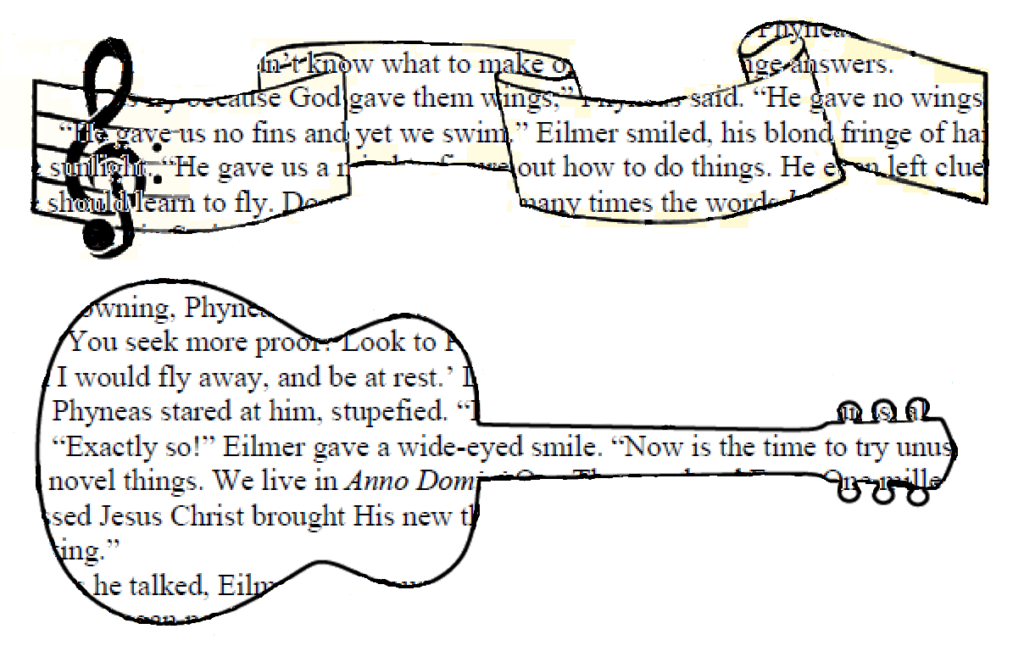My college degrees are in engineering and my career was in an engineering field. I’ve never received a degree in writing or literature. Now I write fiction. Is that even allowed?

At one point in my career, I had a boss who’d say, “Engineers can’t write.” He was, of course, referring not only to fiction, but also the sort of nonfiction engineers must write—specifications, instructions, memos, emails, etc. It pleased him that I was an exception, but daily experience with others only proved his rule 99% correct.
Not many engineers write fiction as a spare-time hobby, but I did, and now it’s my sole retirement job. I believe stories written by engineers often suffer from common deficiencies that make their stories unappealing to editors and readers. These deficiencies result from the rigorous thought processes of the engineering mindset. In particular, engineer-writers:
- emphasize things, particularly human-made things, not people or emotions;
- focus on actions, not internal motivations; and
- over-explain, in detail, how gadgets work.
The essence of engineering is problem-solving, and engineer-writers often pen stories in which the protagonist solves a complex problem. The problem tends to involve things, not people. The story often glosses over the protagonist’s emotions and desires. The feelings of other characters, if mentioned at all, involve amazement or admiration for the brilliant main character.
An Engineer’s Guide to Writing Fiction
Perhaps you’re an engineer who wishes to write fiction, but hasn’t been successful yet. Here are some pointers:
- Think of ‘success in writing’ as you would any engineering problem. The end objective is to create a manuscript that maximizes the emotional response and enjoyment of end users (readers). These readers may not think like you. The only raw materials at your disposal are words.
- Keep in mind what readers care about and what all classic fiction emphasizes—characters. Show your readers what your characters dream about and long for. Show readers your character’s fears, vulnerabilities, feelings, and doubts.
- When writing fiction, you’re leaving your neat and logical world of machine parts, where rigid physical laws and mathematical equations govern how materials and subsystems interact, where you work within the laws of nature to benefit people. You’ve entered the infinitely more complex and messier world of human emotion, motivation, and fantastic imaginings.
- It’s fine to include machines and vehicles in your tales, but go light on the descriptions. Pick a few key details to mention, just enough to give an impression and let readers imagine the rest. You don’t have to explain how it works; trust readers to go along for the ride. How your characters feel about the machine is more important than the machine itself, so describe it through their thoughts.
- You didn’t learn engineering in a day, and writing good fiction is no different, no less complex. You’ll have to learn the craft. Read fiction within and outside your favorite genre. Read books about writing. Go to writers’ conferences. Join a fiction writing critique group.
Now that I think about it, I believe my former boss was wrong. Engineers, like you, can write. Not only can you write good fiction, you will. Many others have, and since I followed their path, you can follow—
Poseidon’s Scribe




